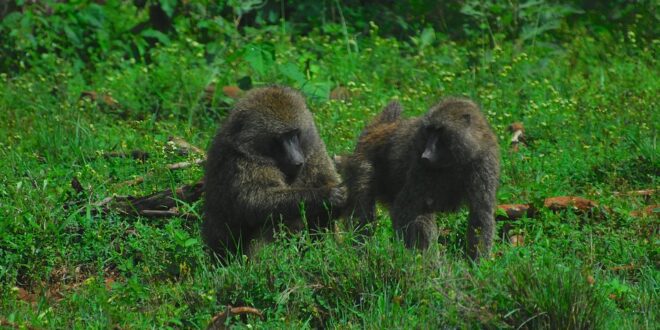Are We Still Evolving? 20 Reasons the Answer Could Be Yes
As time passes by, our world is constantly evolving, and so is every living organism in it. This includes our beautiful self. Yes, when it comes to human evolution, things may not seem quite evident, but if you look deeper and consider some factors, your answer will undoubtedly be positive. Here are 20 reasons why we might still be evolving:
1. Changes in our environment
Global warming, sea level rise, deforestation, traffic, development, natural disasters, and pollution are some factors that put pressure on our system to adjust or change.
2. Access to clean water and Hygiene
Regular supply of clean water, food, medical care, better sanitation systems help us to live longer and improve our standard of health.
3. Diversity of diets and lifestyles
The variety of diets and lifestyles creates more diversity in genetics and reflects how we may vary from country to country and culture to culture around the world.
4. Modern medicine
The evolution of modern medicine, treatments, and vaccines. What could have been a fatal disease a mere century ago can be treated with ease today.
5. Space travel
Exploring and living in space for extended periods can have significant effects on our physiology.
6. Long work hours
Working graveyard shifts, punctuated sleep patterns might be contributing indirectly to the evolution of the circadian rhythm.
7. Immigrating to new areas
Immigrating to places with diverse environmental challenges and traditional lifestyles can impact several biological systems, such as your immune system.
8. Birth Control
The ability to control the number and timing of babies a family has drives to a fascinating shift in family dynamics.
9. Reduced physical demands
Our evolutionary history required large amounts of your energy to be spent in reproductive or other physiological activities that reduce with time.
10. Evolution of Technology
Our progress with technological abilities facilitates our evolutionary growth period and might improve our feedback with the environment.
11. Innovations in transportation
Transportation might lead to diverse genetics due to growing populations and settles in.
12. Obesity and Weight gain
Higher nutrient levels, obesity and overweightness effect phenotypical variants and can impact genetics over some generations.
13. Exposure to different cultures and languages
Open-mindedness which gets stimulated by interacting with different groups of people triggers human evolutionary change being more accepting, more tolerable of diverse cultures, tolerant behaviour ensues around our ever-growing community.
14. Outbreeding populations
High-intensity breeding can be so bad for gene equality, which could create harmful genetics over time.
15. Fight or Flight-preferring breeds prevention.
An increase in anything that leads to better control of mood could assist natural evolutions in mutual care nurturance differences over already established hierarchical trends.
16. Eugenics
Humans are evolved many identities based on gender, ethnicity, geography, language and ethnicity; this has contributed primarily to longevity and epigenetically evolution over time.
17. Toll of aging
Aging attributes different epigenetic effects that proliferate to enduring genetic influences in further generations.
18. Dogs
A relatively short time period of mastering selective breeding gives inspiration to Artificial Intelligence with robotic model assistants assisting genetics in evolving.
19. Meat-eating and digestion
The cardiovascular and digestive system evolved to match and feed different classes of food consumption.
20. Evolutionary outcomes are vast and diverse
The impact of different factors contributing or altering genetics variation combined daily to improve or worsen our evolution.
In conclusion, these cannot be negative influences enhancing our genetic makeup, responsible for human evolution on many levels over time and is not limited to the reproductive system. Observing human behaviour from 200 thousand years has enabled such wonders as Artificial Intelligence. Such small changes can go a long way in recognising outstanding evolution. This is a grand time to exercise constantly to monitor the small changes due regularly.
 Mind Uncharted Explore. Discover. Learn.
Mind Uncharted Explore. Discover. Learn.




